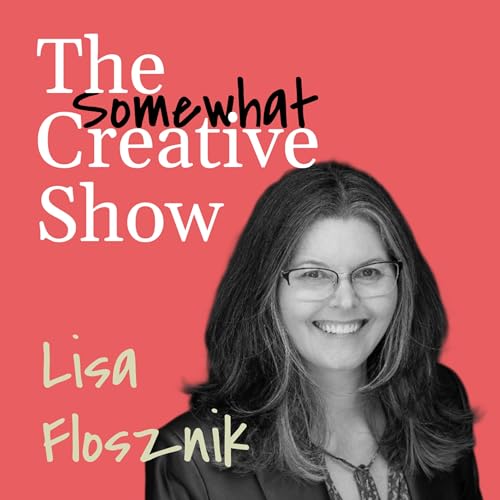In this episode, Rocky Tilney and Clark Miller discuss the challenges and opportunities facing new designers in 2025. They explore the declining job market, the impact of AI on creative careers, and the importance of building skills and personal brands. The conversation emphasizes the need for adaptability, continuous learning, and networking in a rapidly changing industry. They also share advice for aspiring creatives, including the value of showcasing one's process and the importance of specialization.
TakeawaysEntry-level design jobs have significantly decreased.AI is changing the landscape of creative work.Building a portfolio is essential for new designers.Networking is crucial for career advancement.Creatives should embrace building in public.The skills gap is a major concern in the job market.Creative thinking will remain a valuable skill.Learning from experience is key to growth.Specialization can lead to more opportunities.Curiosity and continuous learning are vital for success.
Chapters00:00 Navigating the Creative Landscape in 202502:43 The Brutal Truth: Job Market Statistics05:42 Building Skills in a Changing Environment08:25 The Gig Economy and Freelancing Opportunities11:27 Creating in Public: The New Norm14:13 The Skills Gap: Demand vs. Supply16:58 The Importance of Creative Direction and Strategy21:59 The Depth of Creative Strategy25:57 The Role of Curiosity in Creativity28:08 AI's Impact on Design Skills31:25 The Shift from Technical to Creative Skills37:20 The Importance of Hybrid Skills40:17 Finding Your Niche in Creativity43:56 Recap and Future Advice45:12 Embracing AI as a Creative Partner45:41 Advice to Younger Self: Overcoming Insecurities47:18 Building a Portfolio and Learning Skills49:05 The Importance of Networking and Informational Interviews52:01 Valuing Your Time and Expertise54:42 The Future of Design Careers01:01:36 The Value of Human Creativity in an AI World
creative careers, design jobs, AI in design, job market trends, building skills, gig economy, personal branding, networking, creative thinking, skills gap
 1 時間 5 分
1 時間 5 分 2025/11/041 時間 22 分
2025/11/041 時間 22 分 1 時間 12 分
1 時間 12 分 1 時間 6 分
1 時間 6 分 1 時間 13 分
1 時間 13 分 1 時間 26 分
1 時間 26 分 1 時間 3 分
1 時間 3 分 52 分
52 分
